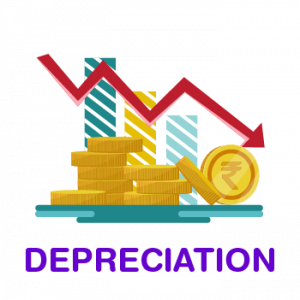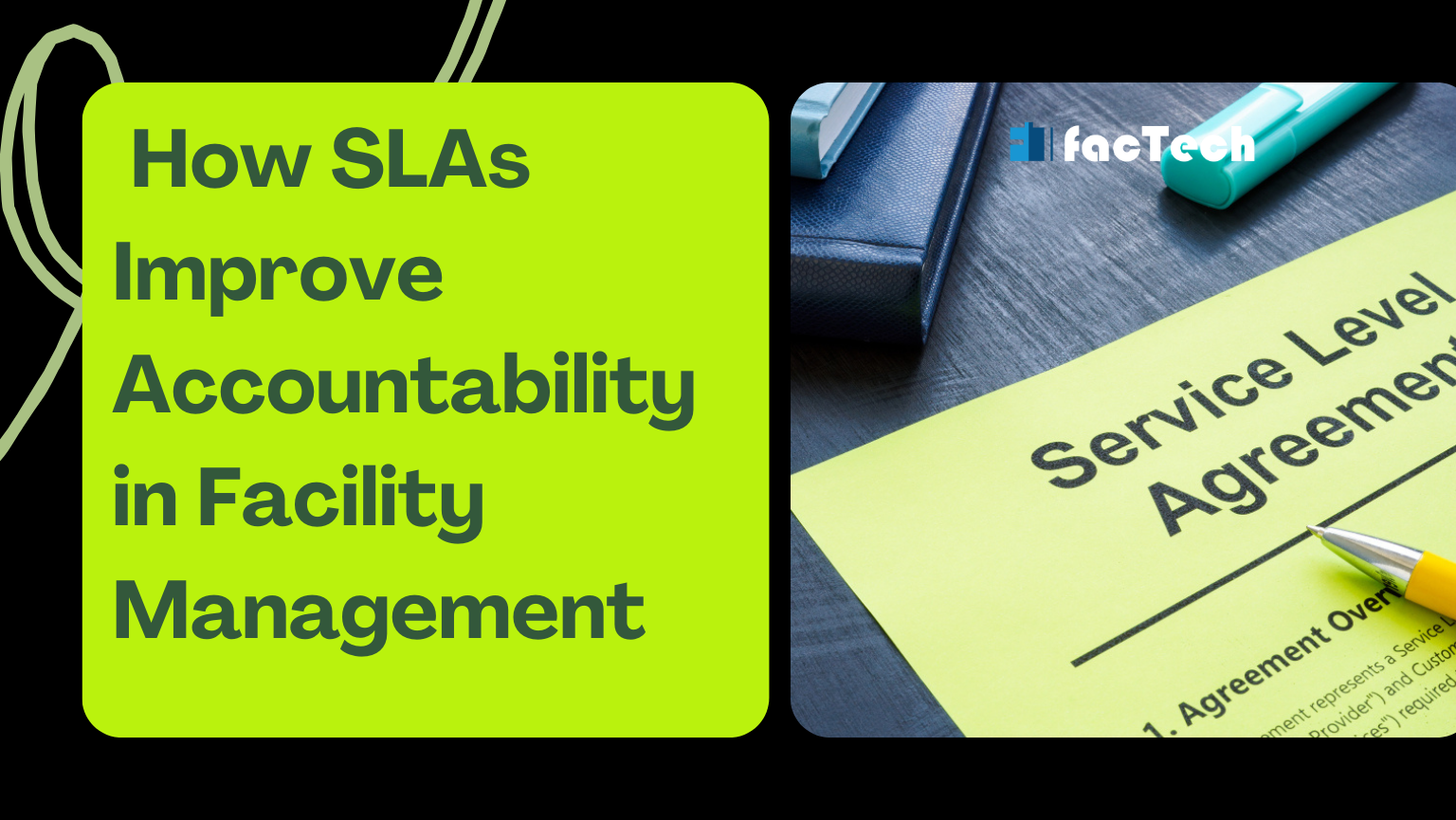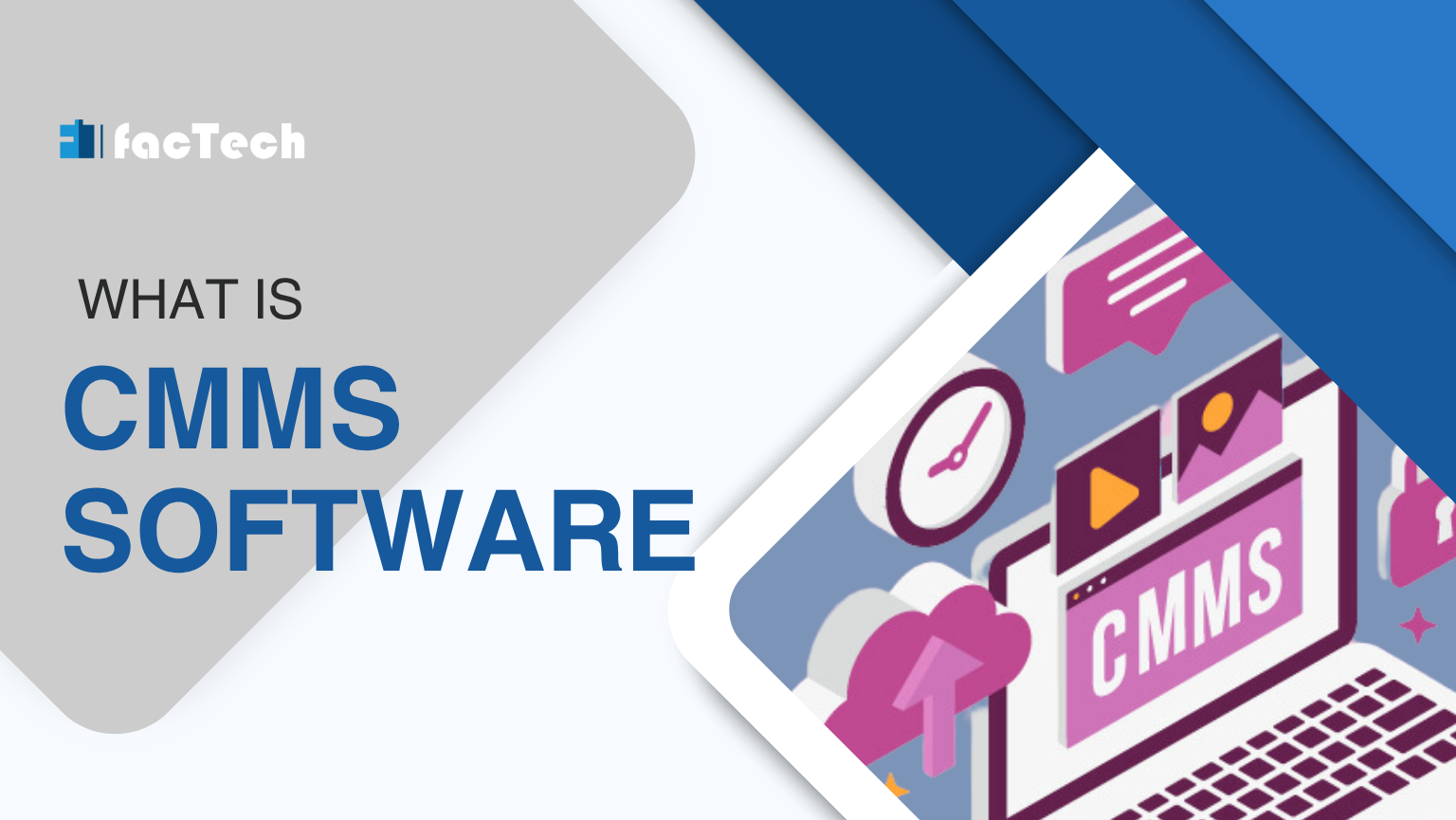What is Depreciation and Why is it Important
Define Depreciation

In the most efficient way possible, a corporation needs to subtract costs against sales. But being efficient doesn’t mean that you always instantly subtract a cost. Depreciation allocates the expense and cost of tangible and real assets over the useful life of the assets. A company could depreciate an asset over a period of up to 30 years, depending on the type of asset.
What Is Depreciation?
Depreciation is an accounting method of allocating the cost of a tangible or physical asset over its useful life or life expectancy. Depreciation represents how much of an asset’s value has been used up. Depreciating assets helps companies earn revenue from an asset while expensing a portion of its cost each year the asset is in use. If not taken into account, it can greatly affect profits.
Businesses can depreciate long-term assets for both tax and accounting purposes. For example, companies can take a tax deduction for the cost of the asset, meaning it reduces taxable income. However, the Internal Revenue Service (IRS) states that when depreciating assets, companies must spread the cost out over time. The IRS also has rules for when companies can take a deduction.
Importance of Depreciation
It might seem odd that a business would like the idea of depreciation. After all, wouldn’t a company want to offset as much income as possible, whenever it could? The answer is no, not always. For example, a wheat farmer buys a new tractor for his farm at a cost of $45,000. He experienced a bad year and his annual net profit is $5,000; thus, deducting the entire cost doesn’t behoove him. He is better off taking a partial write-off for the “useful life” of the tractor. The Modified Accelerated Cost Recovery System (MACRS) determines that the life expectancy of a tractor is determined to be seven years. This means the $45,000 is written off over that period of time, giving the farmer a better annual write-off than a one-time deduction.











Leave a Comment